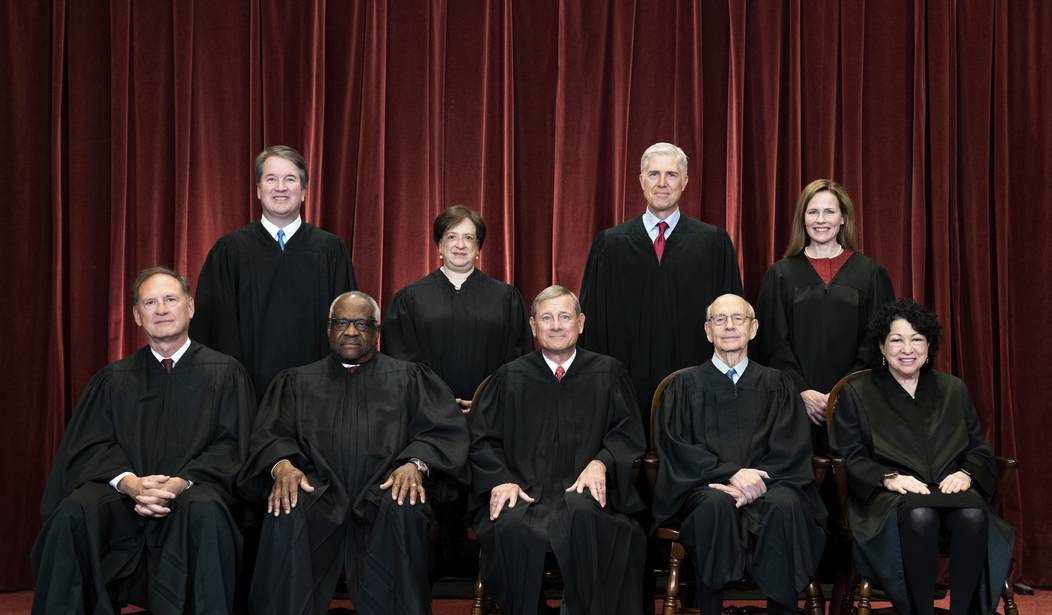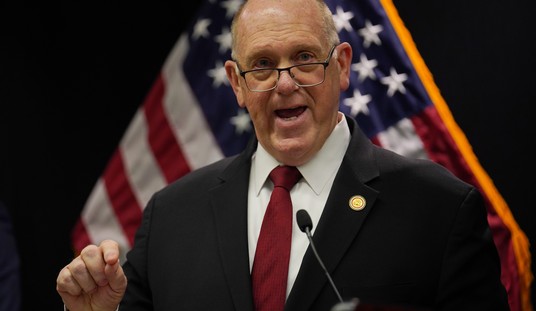Yesterday we learned that the 6th Circuit Court of Appeals had reversed the ruling of the 5th Circuit and ruled that President Joe Biden’s OSHA vaccine mandate for larger, private sector employers could go into effect. The rule was scheduled to go into effect on January 4th, so there should have been plenty of celebrating going on inside of the White House. But in their first statement following the ruling, a curious change was inserted into the schedule. Rather than rolling full steam ahead for a rollout at the beginning of the new year, OSHA initially said that there wouldn’t be any citations issued until at least January 10th. Then, in a separate statement, they declared that there would be no citations until the second week of February. So who was pumping the brakes on this plan and why would they delay it further after all of the fighting that’s taken place so far? (Associated Press)
The Occupational Health and Safety Administration said Saturday that it would not issue citations tied to its coronavirus vaccination mandate before Jan. 10, so that companies have time to adjust to and implement the requirements.
The federal agency separately said there would be no citations of companies regarding its testing requirements before Feb. 9.
The announcement came after the U.S. Court of Appeals for the Sixth District in Cincinnati decided on Friday that the mandate for large employers could go forward, reversing a previous court decision made after 27 Republican-led states, conservative groups, business associations and some individual companies challenged the mandate.
The phrasing of the AP coverage suggests that the delays are being put in place simply to give employers more “time to adjust to and implement the requirements.” That certainly sounds nice of them, particularly when you consider that these rules would be impacting more than 85 million workers in the United States. It’s even more true given the number of companies that were plaintiffs in the suit who said that the mandate would cost them workers when they are already understaffed.
But there’s probably more to this story than the official company line from OSHA. A separate report from Reuters reminds us that the fight isn’t officially over yet. Challenges to the ruling by the 6th Circuit had already been filed before the ink was dry on that ruling. And it’s very likely that we will see the Supreme Court taking up those challenges in short order, so trying to rush all of the employers into beginning enforcement of the mandate before SCOTUS has weighed in would be risky indeed.
A U.S. appeals court on Friday reinstated a nationwide vaccine-or-testing COVID-19 mandate for large businesses, which covers 80 million American workers, prompting opponents to rush to the Supreme Court to ask it to intervene…
“While we are disappointed in the Court’s decision, we will continue to fight the illegal mandate in the Supreme Court,” South Carolina Attorney General Alan Wilson said on Twitter. “We are confident the mandate can be stopped.”
Companies such as United Airlines (UAL.O) have used mandates to increase the number of vaccinated employees, often with only a small number of workers refusing the shots.
To be clear, the Supreme Court hasn’t shot down every case involving vaccine mandates this year. There’s been plenty of subtlety in the decisions that have been handed down thus far. The court has been more generous toward mandates originating from more local levels of government. They also haven’t been avid defenders of exemptions to mandates. But the OSHA mandate is coming from the highest level of government and could produce serious impacts on the economy and the viability of many employers.
With all of that in mind, it’s certainly possible that SCOTUS could “reverse the reversal” and send the OSHA mandate back to the dustbin once again. Were that to happen after the mandate was being enforced and employers had begun either paying fines or laying off workers, the Biden administration would have a mess on their hands. In that scenario, would the fines be refunded to the companies? And what if they had been compelled to fire some of their workers already? There are a lot of job openings out there with companies that are offering handsome wages, mostly due to the labor shortage. The employer might be hard-pressed to convince someone to come back to work if the worker has already been offered a better job. And they might not be inclined to come back after having been given the boot solely because they refused to comply with a federal government mandate.
I doubt we’ll hear any official announcements confirming this, but it seems likely that the Biden administration had a direct hand in ordering this delay. They are not at all confident that the OSHA mandate will survive the Supreme Court challenge. And if it doesn’t, they don’t want to be left holding the bag and cleaning up the mess they would have created by putting it into effect prematurely.








Join the conversation as a VIP Member